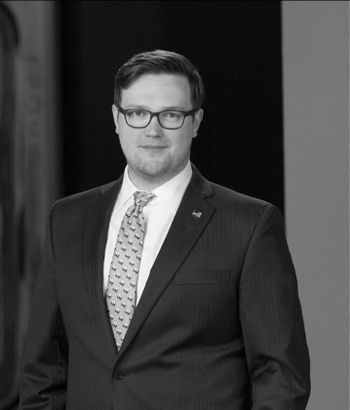CA medical professor wants to create a floating abortion clinic
The floating abortion clinic would be located in the Gulf of Mexico.
The medical professor says that traveling to the ocean to receive an abortion is easier than driving or flying to a state where abortion is legal.
A University of California San Fransisco (UCSF) medical professor plans to create a floating abortion clinic in the Gulf of Mexico.
Dr. Meg Autry, Gynecology Professor at UCSF, told the Associated Press on July 10 that the clinic should be located off the coast of Texas, Mississippi, Louisiana, and Alabama, due to abortion bans that have taken effect in those states since the overturning of Roe v. Wade.
To accomplish this, Autry is raising funds through her non-profit PRROWESS, short for “Protecting Reproductive Rights Of Women Endangered by State Statutes.”
[RELATED: Smith College professor wants public universities to provide on-campus abortion pills]
According to the PRROWESS website, the floating clinic will offer “surgical abortions up to 14 weeks,” contraception, and “on site testing for sexually transmitted infections (STIs).”
The marine clinic will also “have helicopter access for transport and emergencies.”
Campus Reform reached out to Dr. Autry to get her perspective on the project.
”I believe we are expecting legal challenges at all steps along the way including the premise of legality as well as criminalizing patients and providers. We have done extensive research and are ready to implement once we have the funding to acquire a vessel,” Autry wrote.
PRROWESS believes that it would be easier for residents of these southern states to travel to the ocean than drive or fly to states where abortion is legal.
[RELATED: Nearly all Americans oppose late-term abortion, US survey finds]
The country has to “create options and be thoughtful and creative to help people in restrictive states get the health care they deserve,” Autry explained to the Associated Press.
The Louisiana Department of Health, however, states that complications of surgical abortions are severe and include pelvic infection, blood clots, future child-bearing challenges, and long-term medical risks.
Campus Reform contacted the University of California San Francisco School of Medicine and Dr. Meg Autry for comment. This article will be updated accordingly.


